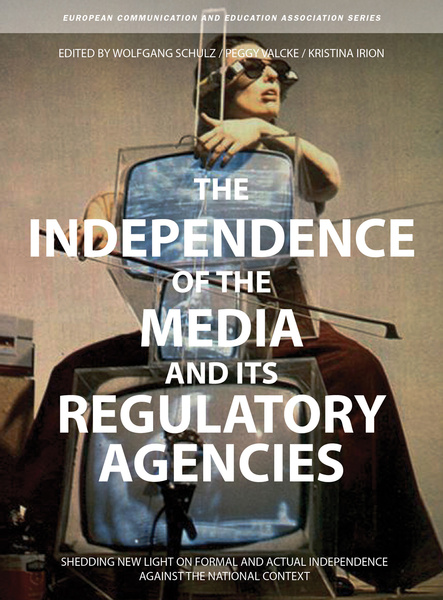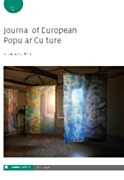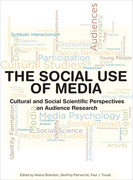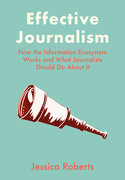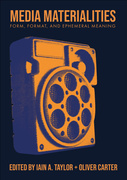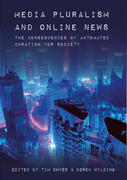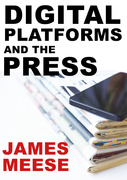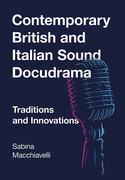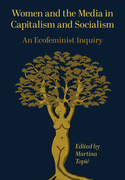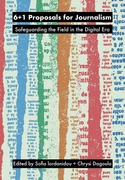The Independence of the Media and its Regulatory Agencies (Book)
Shedding New Light on Formal and Actual Independence against the National Context
Media independence is vital for media democracies, and so is the independence of the regulatory bodies governing it. The Independence of the Media and its Regulatory Agencies explores the complex relationship between media governance and independence of media regulatory authorities within media systems within Europe, which form part of the wider framework in which media’s independence may flourish or fade. Based on research in more than forty countries, the contributions analyse the independence of regulators from different perspectives and draw links between social, financial and legal traditions and frameworks.
Edition
Media independence is vital for democracies, and so is the independence of the regulatory bodies governing it. The Independence of the Media and its Regulatory Agencies explores the complex relationship between media governance and independence of media regulatory authorities within Europe, which form part of the wider framework in which media’s independence may flourish or fade. Based on research in more than forty countries, the contributions analyse the independence of regulators and draw links between social, financial and legal frameworks.
Wolfgang Schulz is professor of law and director of the Hans Bredow Institute at the University of Hamburg.
Peggy Valcke is research professor at the University of Leuven, Belgium, and teaches media law at the Hogeschool-Universiteit Brussel.
Kristina Irion is assistant professor in the Department of Public Policy and research director in public policy at the Centre for Media and Communications Studies at the Central European University in Budapest.
Preface – Karol Jakubowicz
Introduction: Structural interconnection of free media and independent regulators
Chapter 1: Approaches to independence – Wolfgang Schulz
Part I: Assessing the independence of regulatory bodies within the audiovisual media sector
Chapter 2: Delegation to independent regulatory authorities in the media sector: A paradigm shift through the lens of regulatory theory – Kristina Irion and Roxana Radu
Chapter 3: Independent media regulators: Condition sine qua non for freedom of expression? – Peggy Valcke, Dirk Voorhoof and Eva Lievens
Chapter 4: Media regulatory authorities in the EU context: Comparing sector-specific notions and requirements of independence – David Stevens
Chapter 5: Locating a regulator in the governance structure: A theoretical framework for the operationalization of independence – Stephan Dreyer
Chapter 6: Measuring independence: Approaches, limitations, and a new ranking tool – Kristina Irion and Michele Ledger
Part II: Media systems and the culture of independence
Chapter 7: Independence or balance of dependencies? Critical remarks on studying conditions of media regulators and public service media in Poland – Beata Klimkiewicz
Chapter 8: The independence of media regulatory authorities and the impact of the socio-political context: A comparative analysis of Greece and Italy – Evangelia Psychogiopoulou, Federica Casarosa and Anna Kandyla
Chapter 9: Does the complexity of institutional structures in federal states influence the independence of AVM regulatory authorities? A review of the cases of Germany and Belgium – Pierre-François Docquir, Sebastian Müller and Christoph Gusy
Chapter 10: The independence of media regulatory authorities in Finland and the UK: An assessment – Rachael Craufurd Smith, Epp Lauk, Yolande Stolte and Heikki Kuutti
Chapter 11: Independence through intervention? International intervention and the independence of the Communications Regulatory Agency in Bosnia and Herzegovina – Tarik Jusić
Chapter 12: Concluding chapter: Independence in context – Wolfgang Schulz
'Provides a solid survey of European practices and organisations, and how they are changing amidst the media technological revolution'


